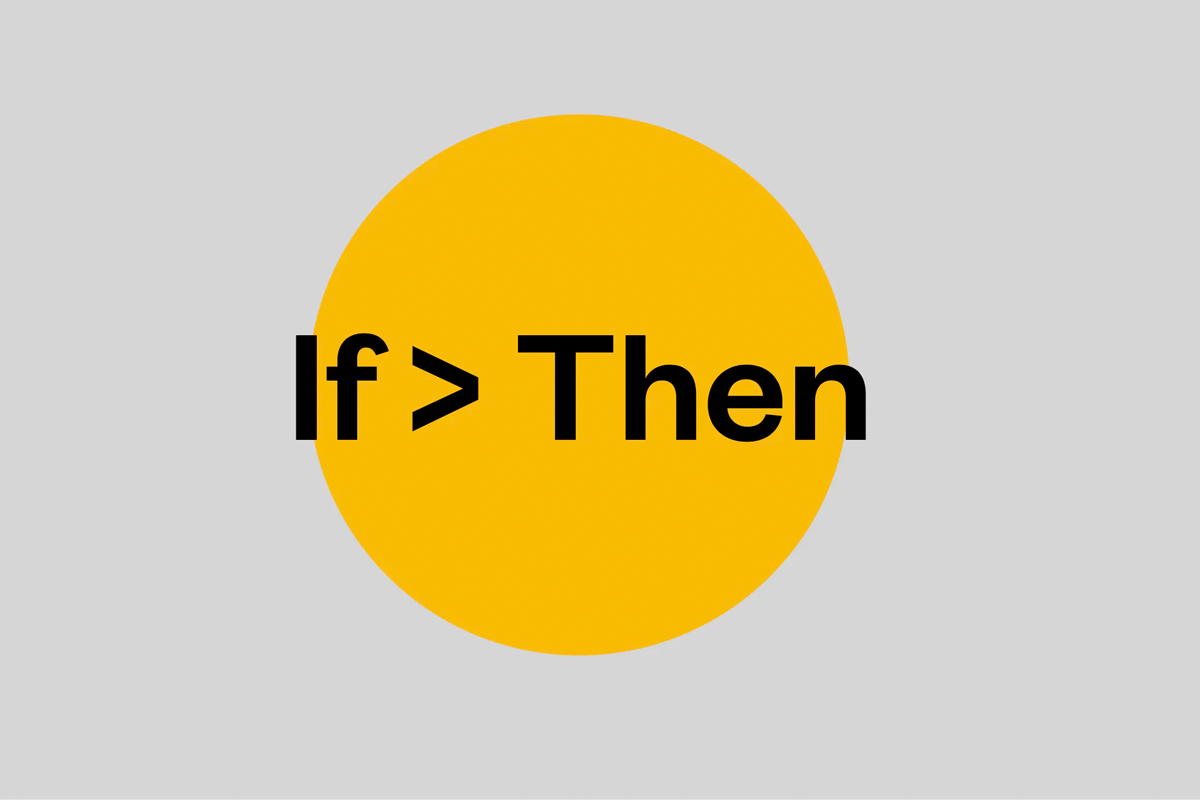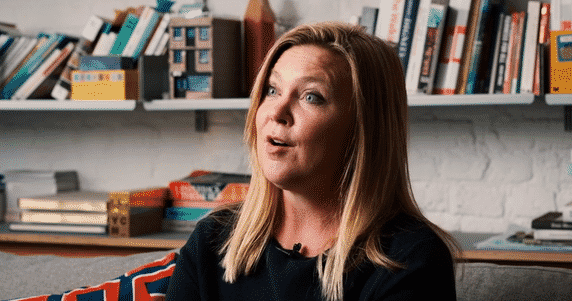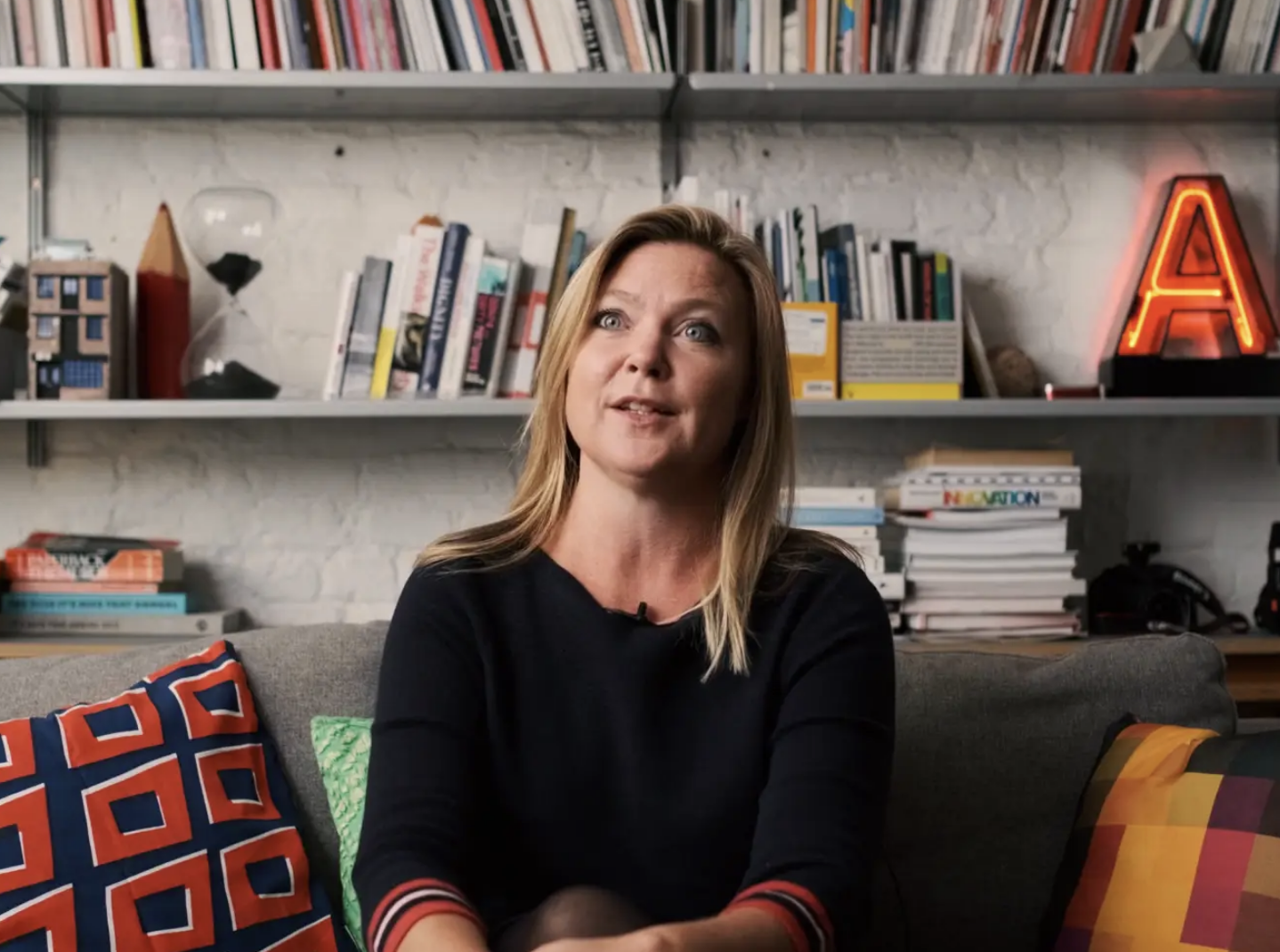Decoding Difficult Conversations — Sheila Heen unpacks the layers within those conversations you're probably avoiding.

Key insights and takeaways
All of us have been negotiating since we were kids. Kids poke to see where the edges are, and repeat what works. They're resilient in the face of no. As adults we tend to just repeat the strategies that we think have worked well in the past. So while strengths get stronger, they don’t necessarily get broader. Sheila encourages us to experiment, keep learning about ourselves and 'flex our failure muscles'.
How can we look at the world through other peoples' eyes? What questions do we need to ask to help us shift perspective? Or as Steven Covey would tell us — how do we seek to first understand before we seek to be understood? In Sheila's brilliant book, Difficult Conversations, she urges us to think like a mediator and to try and arrive at the 'third story' — a neutral point of view, that synthesises your own point of view (first story) and that of your counterpart (second story). And then to play that third story back.
Sheila believes that we often confuse persuasion with talking. But the best strategy for persuasiveness is listening. As obvious as it might sound; really good, intentional listening will to reveal 'positions' that you might not have considered. Not only is listening reciprocal, but you'll start to notice underlying needs that might be causing the difficulty in the relationship. You'll find some smart thinking on listening, driven by some of Sheila's work in this short eCourse.
In another of Sheila's book — Thanks for the Feedback — she introduces us to the idea of our truth, relationship and identity triggers, the three triggers that can easily be activated in difficult conversations; and that stop us from learning and moving things forward. For example with the truth trigger, someone might explain something we've done that we fundamentally disagree happened ('I definitely didn't talk over Chris at the end of the meeting!). We need to be really wary of these triggers, and use patience, pause and excellent questioning skills to 'separate the data from the interpretation' and work out what to then do with it.











